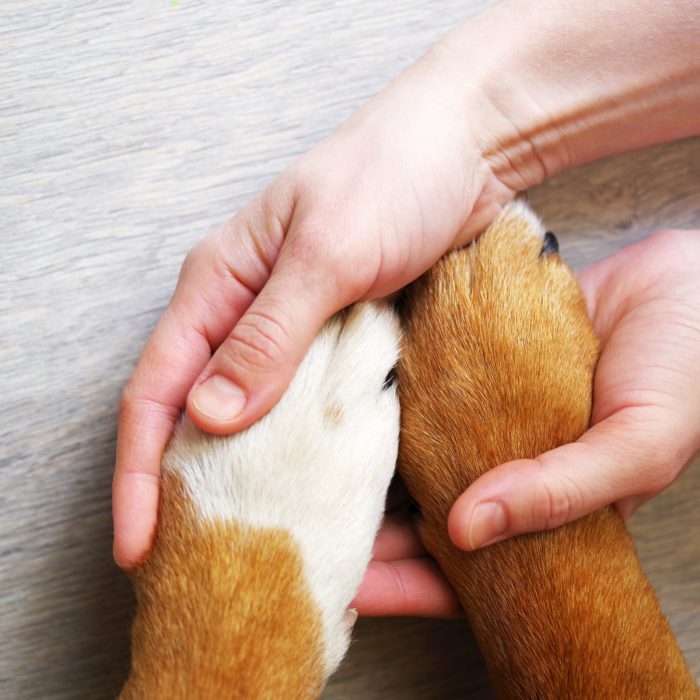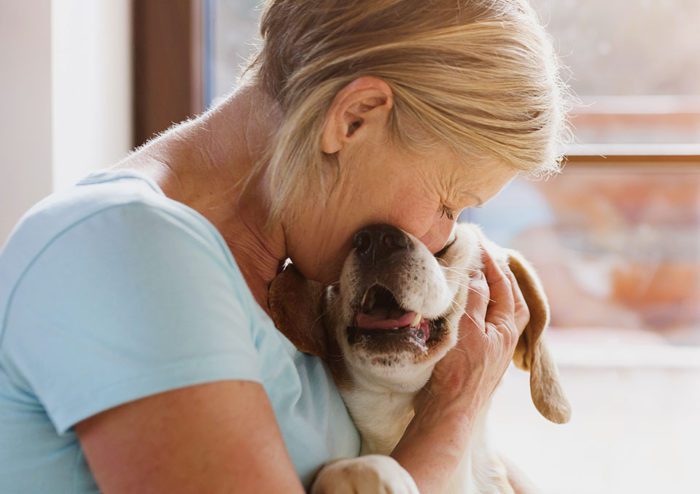We understand that some pets require specialized care to recover fully. For those needing complex and intensive nursing, such as infusion therapy or oxygen cage support, we offer dedicated hospital cages where our team provides around-the-clock attention.
Our nurses are experts in providing gentle care and comfort, ensuring timely medication administration and encouraging your pet to eat. They’ll monitor their progress closely, working alongside our veterinarians to adjust treatment plans as needed.
Our vets are committed to staying at the forefront of veterinary medicine, regularly attending conferences and continuing education seminars to ensure we utilize the most advanced treatment protocols. We’re dedicated to providing the best possible care for your furry family member.

1. Assess the Situation
• Check for Breathing: Gently check your pet’s chest for rise and fall. If they are unconscious and not breathing, immediately begin CPR (see step 3).
• Look for Injuries: Quickly scan for any wounds, bleeding, or signs of distress. Pay attention to their eyes, pupils, and overall body posture.
2. Contact a Veterinarian
• Call Your Vet: If you think it’s serious, call your vet immediately. They can provide crucial guidance over the phone.
• Find an Emergency Clinic: If your vet is unavailable, locate the nearest emergency pet clinic and head there.
3. First Aid Steps (if needed)
• Control Bleeding: Apply gentle pressure with a clean cloth or bandage to the wound. Do not remove embedded objects.
• Perform CPR: If your pet is not breathing, start CPR as soon as possible. For dogs, place them on their side and give 30 chest compressions followed by 2 breaths (using a mask or cloth if available). For cats, use gentler compressions.
• Keep Them Warm: If your pet is in shock, wrap them in a blanket to help maintain their body temperature.
4. Transporting Your Pet
• Use a Carrier or Blanket: If you need to transport them, use a secure carrier or blanket to keep them safe and comfortable.
• Drive Safely: Drive carefully to avoid further injury. Keep your pet calm and try to minimize movement.
5. Follow-Up Care
• Post-Emergency Check-Up: After the emergency, schedule a follow-up appointment with your vet to ensure your pet is fully recovered.
6. Prepare for Future Emergencies
• Create a Pet First Aid Kit: Assemble a kit with bandages, antiseptic wipes, gauze, a muzzle, and a first-aid manual.
• Know Emergency Vet Locations: Save the contact information for local emergency clinics in your phone.
Remember: Every second counts in an emergency. Stay calm, act quickly, and follow your vet’s instructions.
Our 24-hour emergency service is staffed by experienced veterinarians and dedicated night nurses. Just like any hospital, our team focuses on assessing, stabilizing, diagnosing, and treating our patients with the utmost care.


Be the first to know about exciting promotions, special discounts, and essential updates.
This website uses cookies to ensure you get the best experience on our website.